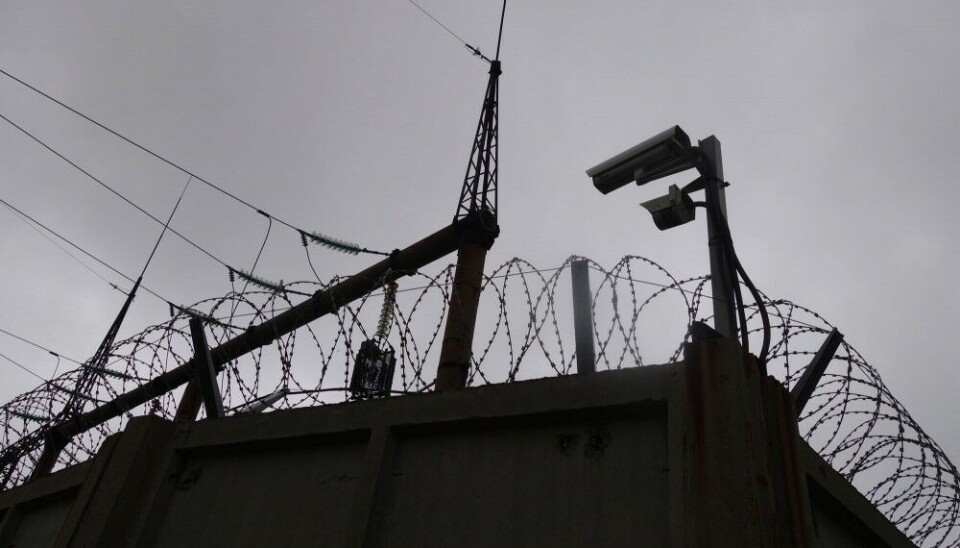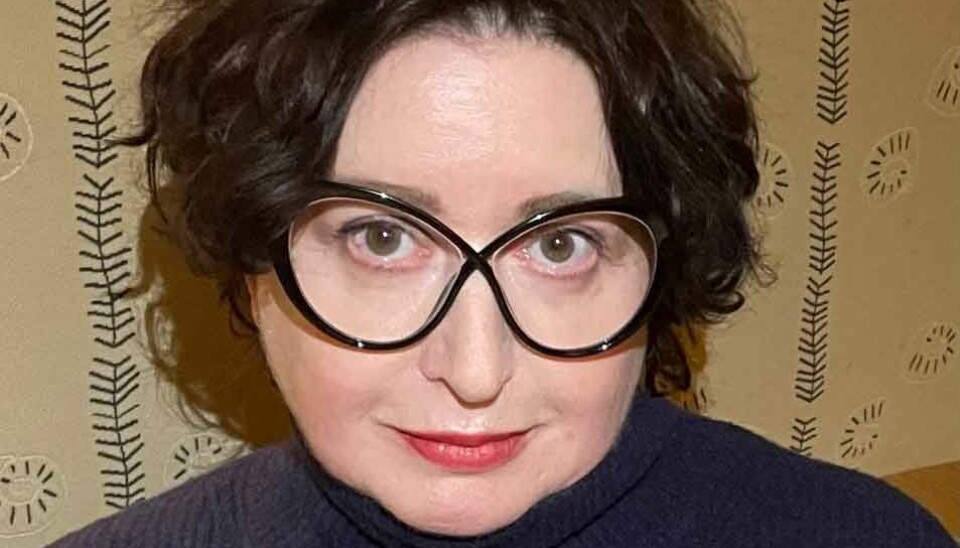
Russia withdraws from the European Convention against Torture
Prime Minister Mikhail Mishustin on August 23 signed the decree on Russia's withdrawal from the European Convention for the Prevention of Torture and Inhuman or Degrading Treatment or Punishment (ECPT).
Russia signed the Convention on May 5, 1998, at the same time as it joinined the Council of Europe. The Convention came into effect in the country in September 1998 and established a mechanism for monitoring places where people are held in confinement, such as prisons, detention centres, psychiatric hospitals, and military units.
27 years later, Russia is formally abandoning the international human rights standard. On August 23, 2025, PM Mishustin signed the decree.
The main monitoring body is the European Committee for the Prevention of Torture (CPT). Its experts could visit without notice, communicate directly with detainees, and check the conditions of detention. After inspections, the CPT prepared reports and recommendations for the Russian authorities.
The Committee inspected Russian detention centres and penal colonies, institutions in the North Caucasus, as well as psychiatric hospitals. Reports often highlighted overcrowding, poor conditions, beatings, torture, and inadequate medical care.
Russian authorities sometimes responded with cosmetic improvements — repairing premises, installing video surveillance, slightly improving medical care. But systemic problems, such as violence in police departments or limited access for human rights defenders, remained.
After 2014, amid deteriorating relations with the Council of Europe, CPT visits became rare, and the implementation of recommendations only ceremonial. In 2022, after Russia's exit from the Council of Europe, the Committee lost the ability to carry out inspections in the country.
Nevertheless, the Convention was of significant importance: CPT reports were used in cases against Russia in the European Court of Human Rights, as well as in reports by international NGOs and Russian human rights organisations.
However, according to human rights activist Olga Romanova, the Convention's activities in Russia had a limited effect: despite international inspections and recommendations, systemic violations remained, and torture and inhumane treatment in prisons continued as a common practice.

Romanova emphasises that violence in places of detention is often carried out with the consent or at the direction of the management, rather than being the result of actions by individual employees. According to her words, Russian prison employees "sincerely believe that by torturing people, they are saving the Motherland." The Russian penitentiary system has hardly changed for decades, and prisons remain a key element of the country's social and political structure.
In her opinion, the system contributes not only to crimes against individuals but also to political repression — including the recruitment of prisoners for participation in military actions. Romanova's research shows that reports by international experts and recommendations of the Convention often remained a formality for the Russian authorities and had little impact on the real improvement of detention conditions.
Practice shows that even CPT inspections could not prevent instances of ill-treatment and violations of prisoners' rights. Russia's withdrawal from the Convention deprives the country of formal oversight by international experts, creating even greater opacity and increasing the risk of systemic violations in places of detention.
According to the resolution, the final decision on withdrawing from the Convention will be made by Vladimir Putin. There is little doubt that this will happen, as since 2007 he has consistently denounced a number of European agreements.
For example, in 2023, Putin initiated the denunciation of the Council of Europe's Anti-Corruption Convention, arguing that it limited Russian powers and was "discriminatory." The law was signed, and the withdrawal was carried out.
In September 2023, Putin submitted to the State Duma a bill on withdrawing from the Framework Convention for the Protection of National Minorities, citing the loss of control and limitation of participation in the Council of Europe's monitoring mechanisms.
























